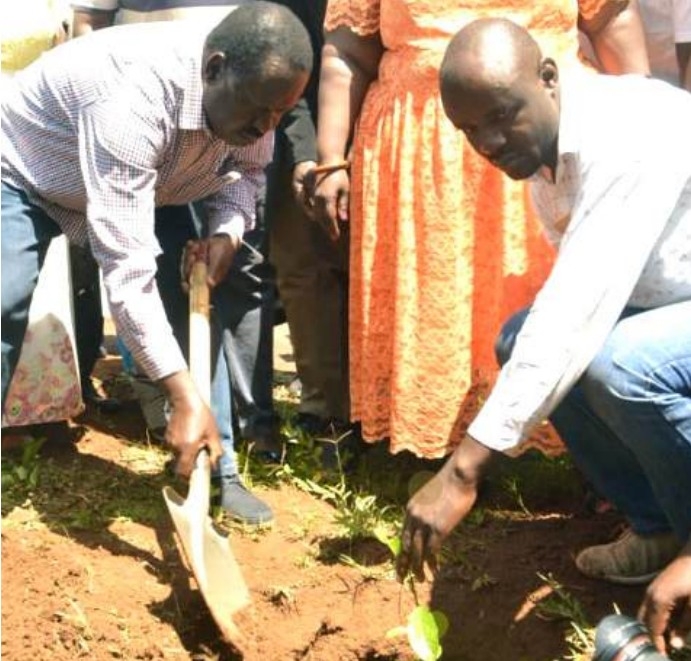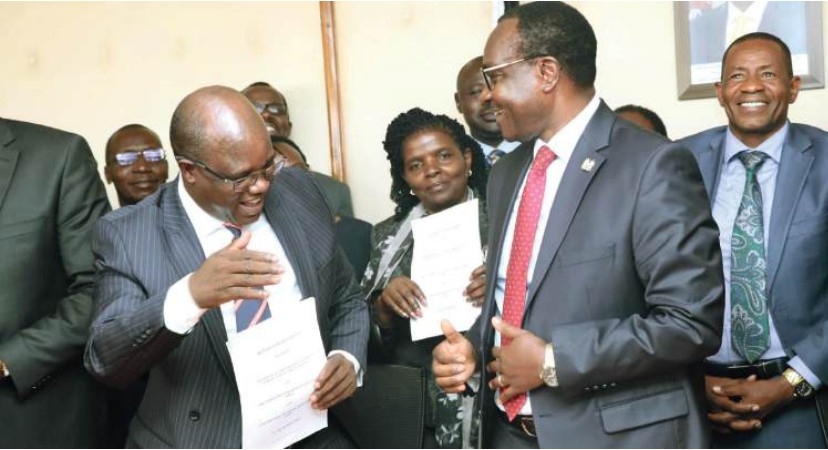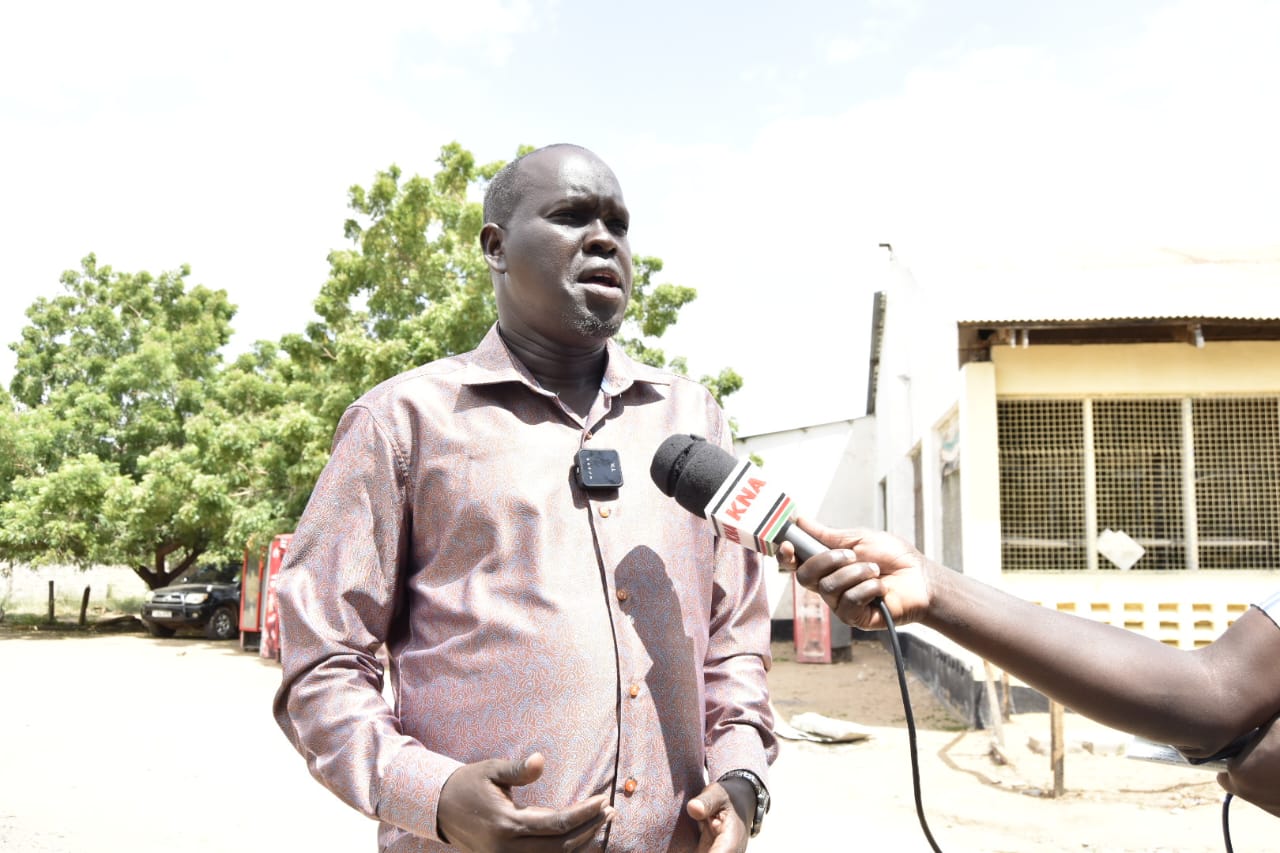 Dr Laxmana Kiptoo, the CEO and director general of the
Public Benefit Organisations Regulatory Authority, speaking to the press in
Garissa./STEPHEN ASTARIKO
Dr Laxmana Kiptoo, the CEO and director general of the
Public Benefit Organisations Regulatory Authority, speaking to the press in
Garissa./STEPHEN ASTARIKOThe proposed Public Benefit Organisations (PBO) Act 2025 is set to introduce tighter regulations that will help eliminate “briefcase NGOs” and strengthen oversight of the non-profit sector in Kenya.
According to Dr. Laxmana Kiptoo, CEO and Director General of the Public Benefit Organisations Regulatory Authority (PBORA), the new legislation will replace the PBO Act of 2013 and is designed to restore public trust by ensuring only genuine, impactful organisations are allowed to operate.
Speaking during a public participation forum in Garissa on June 19, 2025, Dr. Kiptoo said the updated law will empower the Authority to monitor and verify all NGOs—now known as Public Benefit Organisations—operating across the country.
“This Act comes with several benefits,” he said. “One of the key goals is to weed out briefcase NGOs that claim to work in certain regions, collect donor funds, but ultimately channel the money into individual pockets.”
Dr. Kiptoo emphasised that the law will require greater transparency from registered PBOs, with enhanced oversight to ensure they serve communities as intended.
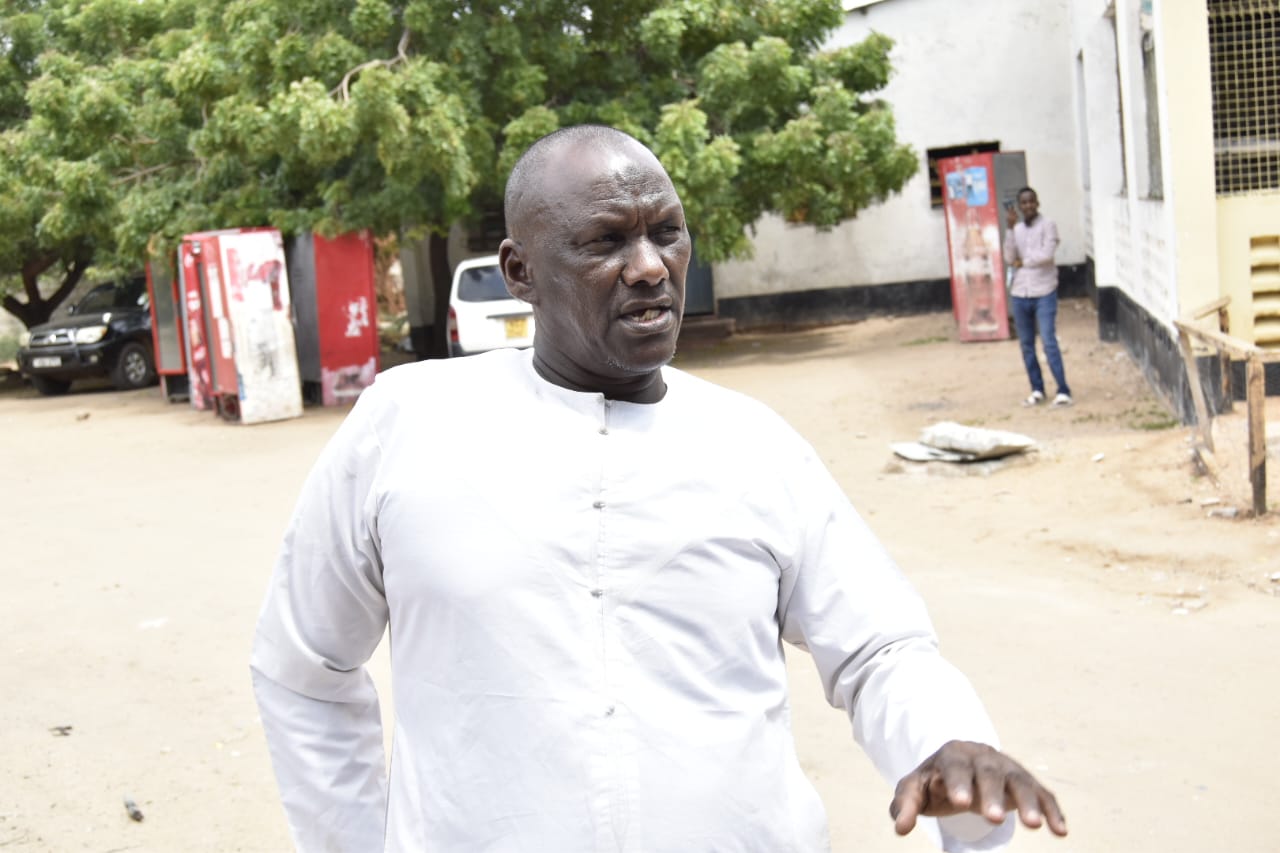 Adan Bille, the chairman of persons with disability, Garissa./STEPHEN ASTARIKO
Adan Bille, the chairman of persons with disability, Garissa./STEPHEN ASTARIKO
Garissa Civil Society Network chair Khalif Nunde welcomed the draft law, saying it would restore order in a sector long plagued by fraud and misuse of donor funds.
“Unfortunately, we’ve had NGOs that only exist on paper. They siphon donor money without delivering on their mandates,” Nunde said.
“We need strict regulation, mandatory reporting, audits, and public access to information on NGO activities.”
Nunde also praised provisions in the proposed Act that would allow for government funding support, preferential access to public procurement, and inclusion in training programmes—especially for NGOs that serve vulnerable communities.
He noted that in regions like Garissa, many communities depend on NGOs for livelihoods and essential services. But he warned that global events, like ongoing crises in the Middle East, are likely to impact donor funding, putting local projects at risk.
“This is where government support becomes critical,” Nunde said. “It can help cushion both the NGOs and the communities they serve.”
Persons with Disabilities (PWDs) also raised concerns during the session.
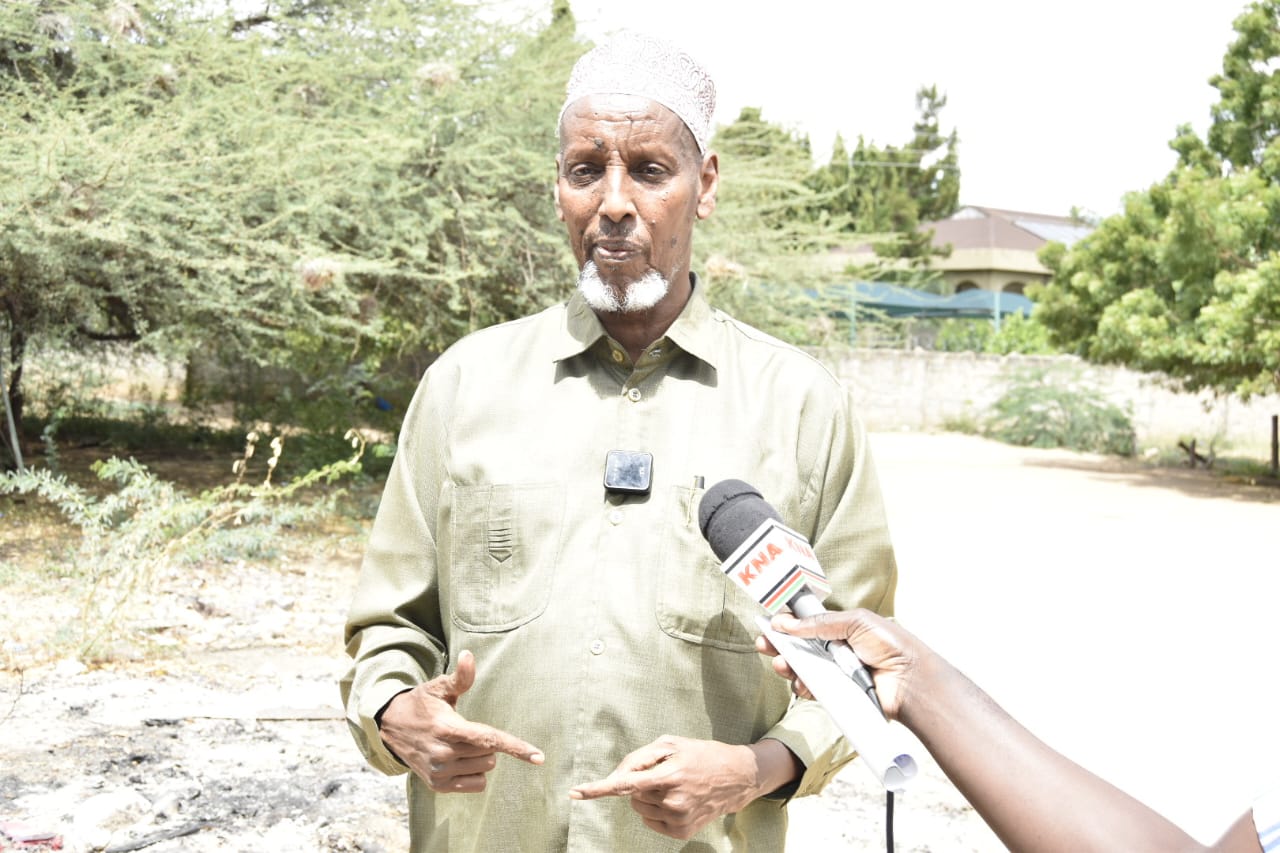 Khalif Nunde- chairman, Garissa civil society network./STEPHEN ASTARIKO
Khalif Nunde- chairman, Garissa civil society network./STEPHEN ASTARIKO
“Many of us cannot afford this amount,” Bille said.
“This fee discourages those who genuinely want to start organisations that could help the PWD community.”
The Public Benefit Organisations Regulatory Authority—formerly the NGO Co-ordination Board—is a state agency established under Section 34 of the current PBO Act of 2013.
It oversees registration, regulation, and coordination of public benefit organisations across the country.
As consultations on the 2025 draft continue, stakeholders are hopeful that the revised law will enhance transparency, improve service delivery, and protect communities from rogue organisations operating without accountability.








